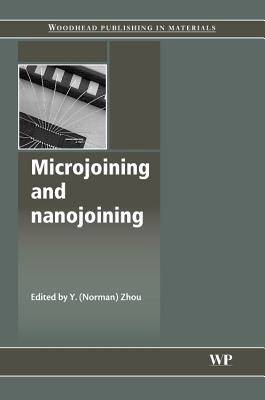
- Retrait gratuit dans votre magasin Club
- 7.000.000 titres dans notre catalogue
- Payer en toute sécurité
- Toujours un magasin près de chez vous
- Retrait gratuit dans votre magasin Club
- 7.000.0000 titres dans notre catalogue
- Payer en toute sécurité
- Toujours un magasin près de chez vous
Microjoining and Nanojoining
349,45 €
+ 698 points
Description
The first part of the book reviews the basics of microjoining and part two covers microjoining processes. A third group of chapters discusses microjoining of materials and a final group of chapters analyses the applications of microjoining.
Spécifications
Parties prenantes
- Editeur:
Contenu
- Nombre de pages :
- 832
- Collection :
Caractéristiques
- EAN:
- 9781845691790
- Date de parution :
- 27-03-08
- Format:
- Livre relié
- Poids :
- 1360 g

Les avis
Nous publions uniquement les avis qui respectent les conditions requises. Consultez nos conditions pour les avis.





